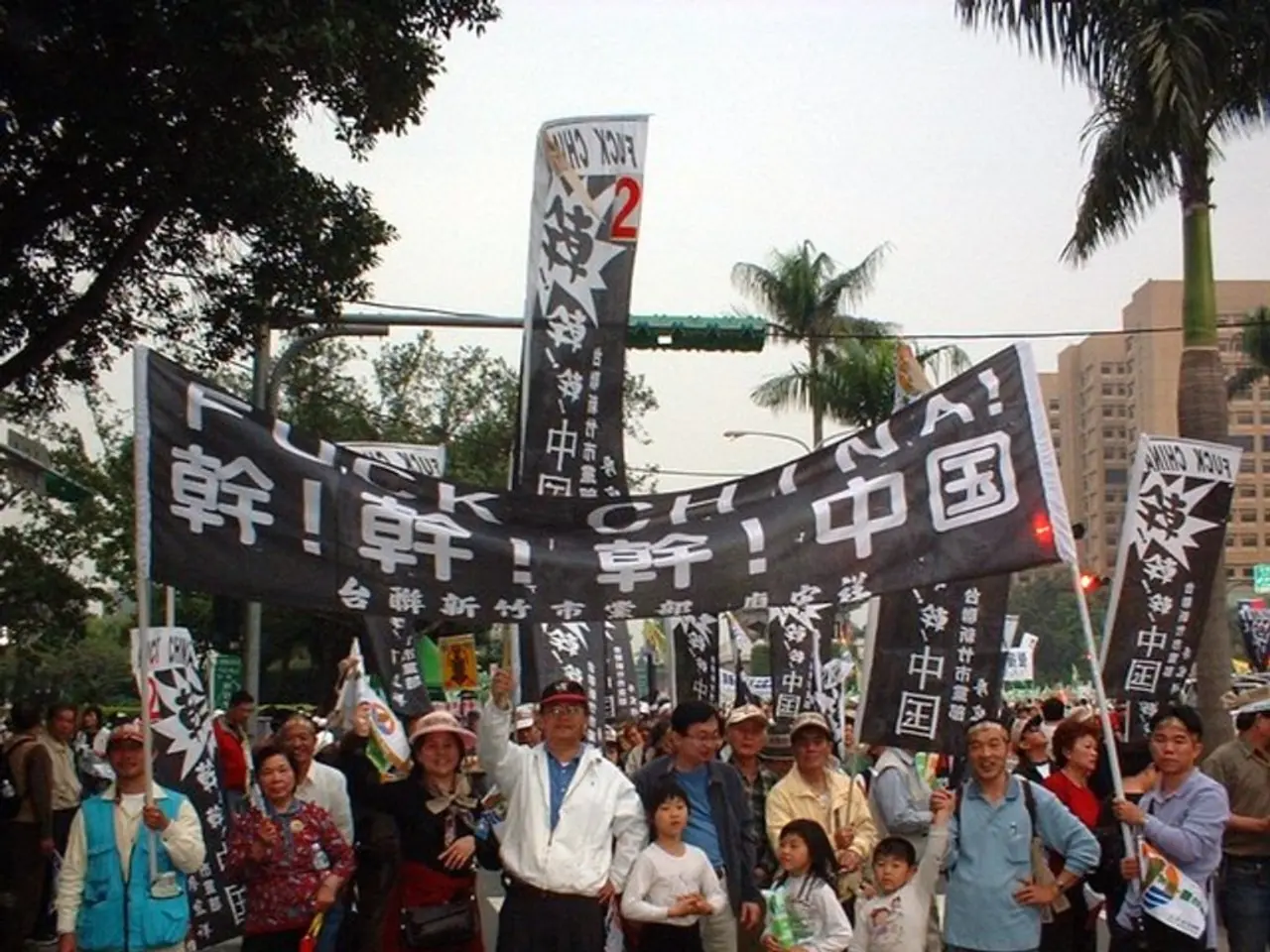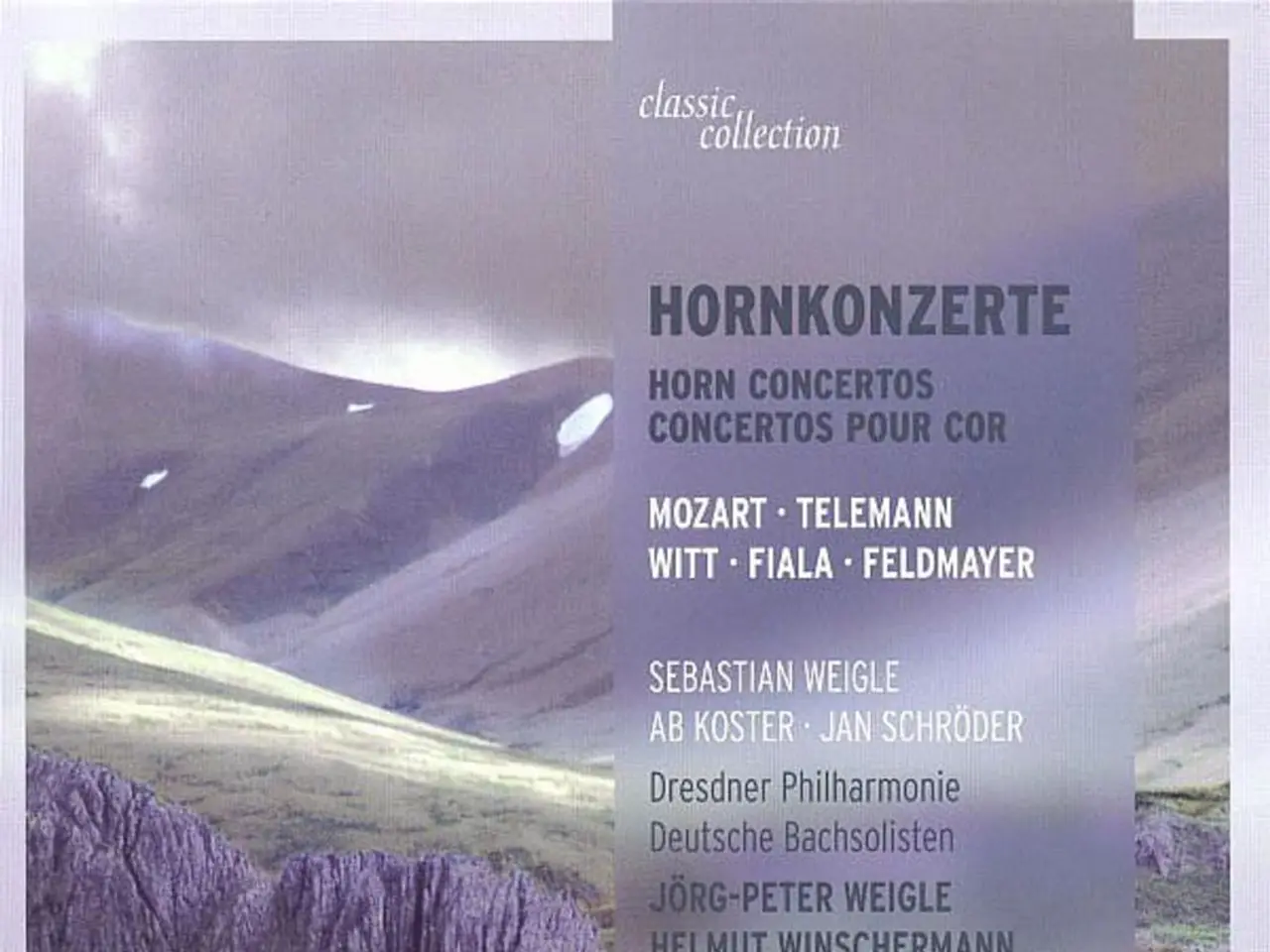A Rainbow-less Bundestag: Is Germany Experiencing a Diverse Community Backlash?
Are societies confronting a pushback against multiculturalism?
Let's dive into the current wave sweeping across Germany, a wave that seems to be pushing against the tide of diversity and inclusion. June, a month usually filled with color and celebration for the LGBTQ+ community, brings the annual Christopher Street Day (CSD) parades. Yet, this year, things are different.
The Bundestag, Germany's federal parliament, has decided against hoisting the rainbow flag during this year's Berlin CSD parade, scheduled for July 26. bundestag president Julia Klöckner announced the decision, stating that a political message has been made with the flag's previous hoisting on May 17. Critics, however, argue that this decision sends the wrong message, particularly when many within the LGBTQ+ community feel the need for political solidarity more than ever.
In recent years, the Bundestag's queer rainbow network had also participated in the CSD. Yet, this year, the newly appointed director of the Bundestag, Paul Göttke, has prohibited the participation—citing the "mandatory duty of neutrality." Critics view this as a succumbing to right-wing tendencies. The federal queer commissioner, Sophie Koch, shares this sentiment, expressing concerns about the perceived de facto demonstration ban and the negative signal it sends, especially during these challenging times.
The threat against the LGBTQ+ community is not merely figurative; it's tangible. Last year saw a 18% increase in reported cases of violence and intimidation based on sexual orientation, and a staggering 35% increase against trans or non-binary individuals, according to the Federal Criminal Police Office. hate-fueled attacks, such as the one in Bad Freienwalde over the weekend, prove this alarming trend.
Unfortunately, this isn't just a societal issue; it's a political one too. The Left Party and the Greens have openly criticized the Bundestag's decision, while members of the SPD parliamentary group call for Klöckner's support in allowing the queer group of the Bundestag administration to participate in this year's Berlin CSD. Meanwhile, CDU politicians Karin Prien and Kai Wegner, unlike Klöckner, continue to show solidarity by participating in the CSD, symbolizing the recognition and respect for diversity in our society.
This backlash against diversity can be linked to overall societal and political resistance to anti-discrimination initiatives and LGBTQ+ visibility. Right-wing actors, such as Germany's right-wing populist party, the Alternative für Deutschland (AfD), advocate traditional gender roles and oppose diversity initiatives associated with feminism and LGBTQ+ rights, labeling these movements as excessive or harmful.
The absence of the rainbow flag on the Bundestag, amid increasing polarization over gender and diversity issues, suggests a growing resistance within political institutions to publicly endorse LGBTQ+ diversity. However, diversity supporters and many institutions continue to advocate against this backlash, emphasizing the importance of inclusivity and upholding democratic values for all members of our society.
[1] Anderson, A. J. (2020). The Pink Wave: How the New Gay and Lesbian Politics Will Reshape America. Beacon Press.[2] Isichei, E., & Salvo, F. (2020). Right-wing populism, feminism, and women's political representation: Variation in party strategies across the EU. Party Politics, 26(2), 197-211.[4] Schuppert, C. (2021). Germany: The battle over gay rights in Berlin. The Local. https://www.thelocal.de/20210211/germany-the-battle-over-gay-rights-in-berlin
- Amid the growing concern about a potential backlash against diversity, the Bundestag's decision to refrain from hoisting the rainbow flag this year in the Berlin CSD parade has sparked controversy among EC countries, as many view it as a wrong message at a time when the LGBTQ+ community needs political solidarity.
- This year's rise in reported cases of violence and intimidation based on sexual orientation in Germany, coupled with the prohibition of the Bundestag's queer network's participation in the CSD, has led critics to accuse the Bundestag of succumbing to right-wing tendencies and engaging in a de facto demonstration ban, which negatively impacts the fight against hate-fueled attacks.
- The discussions surrounding the Bundestag's decision to not hoist the rainbow flag have expanded to cover aspects such as lifestyle, fashion-and-beauty, social-media, and politics in general-news, as people continue to debate the importance of visible support for the LGBTQ+ community in mainstream public life, including political institutions like the Bundestag.
- In an effort to understand the resistance to diversity and anti-discrimination initiatives, scholars have turned their attention to the intersection of right-wing populism, feminism, and LGBTQ+ rights, examining the influence of right-wing actors such as Germany's Alternative für Deutschland (AfD), who advocate traditional gender roles and oppose diversity initiatives, on policymaking and societal attitudes (Isichei & Salvo, 2020; Anderson, 2020).







